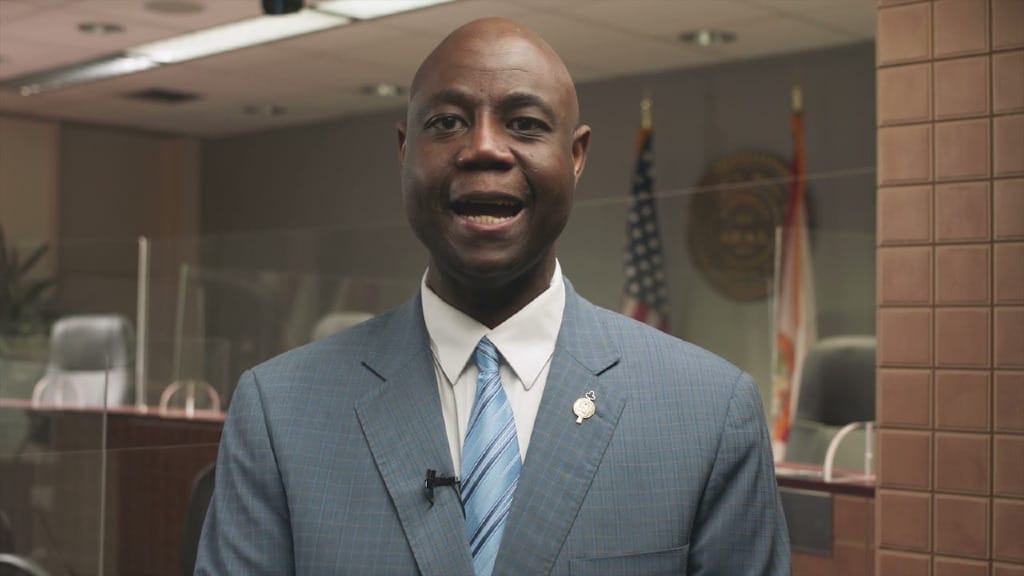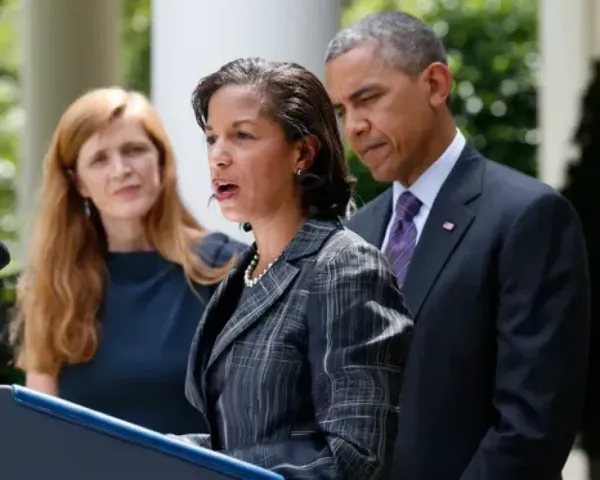Bipartisan Mayors Urge FCC to Protect Bulk Billing
The FCC has heard distinctly opposite arguments on how the ban will impact consumers.
Jericho Casper

WASHINGTON, September 5, 2024 – A bipartisan group of 50 mayors urged the Federal Communications Commission Tuesday to protect bulk billing arrangements, saying the practice benefits consumers of broadband and cable services.
The group, consisting of 26 Democrats, 12 Republicans, and 12 mayors with unspecified political affiliations, voiced their opposition to FCC Chairwoman Jessica Rosenworcel’s proposed ban on bulk billing introduced in March.
This proposal seeks to prevent bulk deals between Internet Service Providers and property owners of multi-dwelling units, giving tenants the ability to opt out and choose their own provider.
In a letter to the FCC, the mayors echoed a common argument from bulk billing supporters, stating that these arrangements allow providers to deliver more affordable and higher-quality services due to the cost efficiencies achieved through serving multiple tenants under a single contract.
The letter was spearheaded by North Miami Mayor Alix Desulme (D), a recent appointee to the FCC’s Intergovernmental Advisory Committee, signaling his strong engagement on broadband policy issues.
In April, Desulme authored an opinion piece in a local news outlet, where he voiced adamant opposition to the FCC’s proposed ban, warning that it would undermine efforts to expand broadband access and stall progress in advancing digital equity.
However, the facts of the matter have become increasingly contentious. Conversely, the proposed ban has garnered the support of over 30 advocacy groups who argue it would actually promote competition and provide tenants with more affordable broadband choices.
These advocacy groups have claimed that protecting bulk billing, as the mayors suggest, would lead to monopolies and trap tenants with high-cost or subpar internet service.
One of the groups supporting the ban, Public Knowledge, explained:
“Broadband bulk billing arrangements may sound good in theory – if people collectively pay into a service and receive a discounted rate, what’s not to like? But if you look under the hood, these contracts don’t always end up serving consumers’ interests. Instead, many tenants are left with poor service or high prices. An opt-out option is a middle ground, commonsense approach to meet the wide-ranging needs of tenants.”
Still, the mayors’ letter urged the FCC to maintain its 2010 position supporting bulk billing, cautioning that new regulations could undermine the economic benefits of the practice and disrupt what they said was a functioning market that delivers consumer savings.
“Bulk billing is one of the reasons our nation’s cities have made progress in expanding access to affordable high-speed internet to unserved and underserved communities,” Mayor Desulme claimed.
As stakeholders present their various arguments, Rosenworcel has not yet disclosed if she will launch a rulemaking ahead of an agency vote.











Member discussion